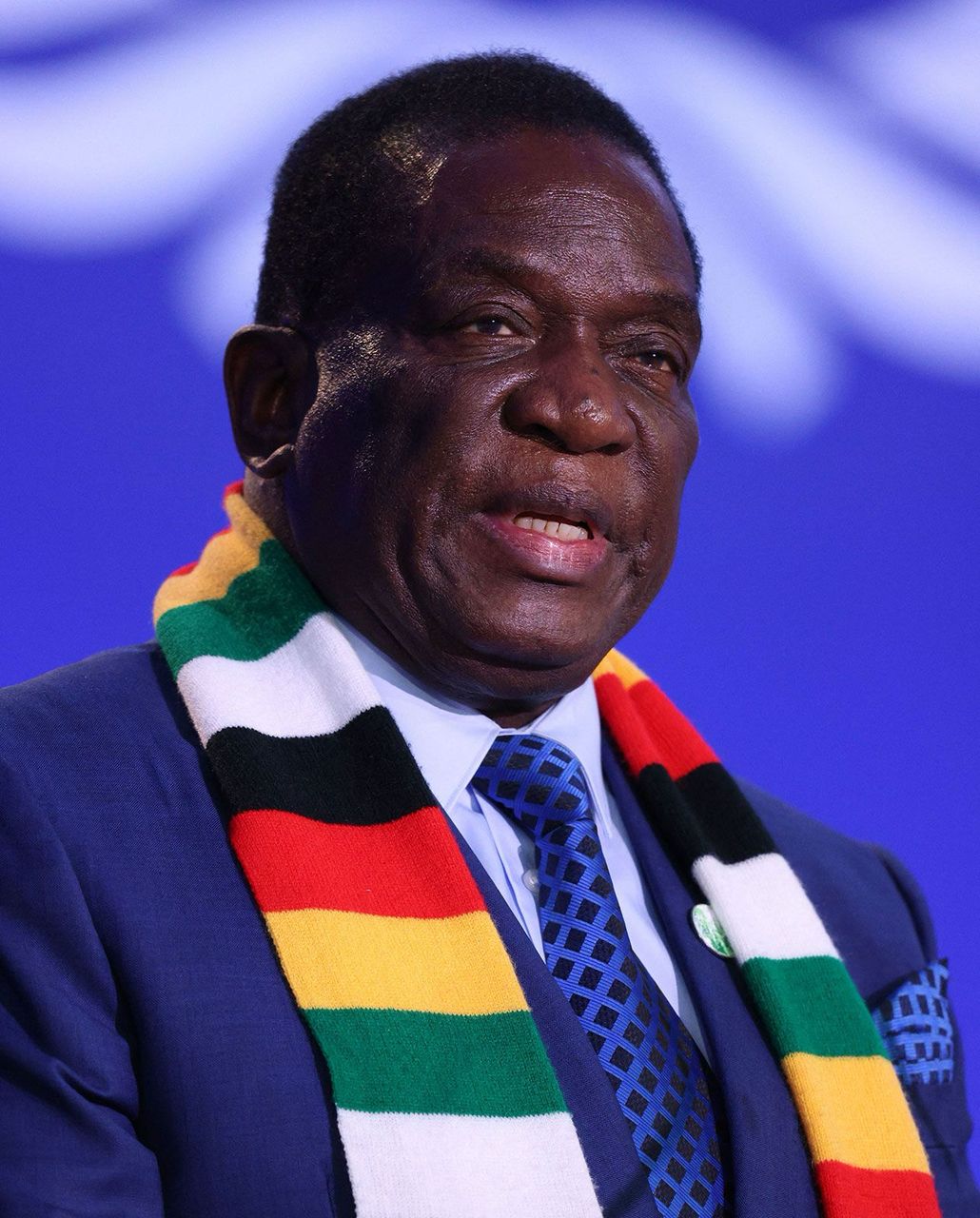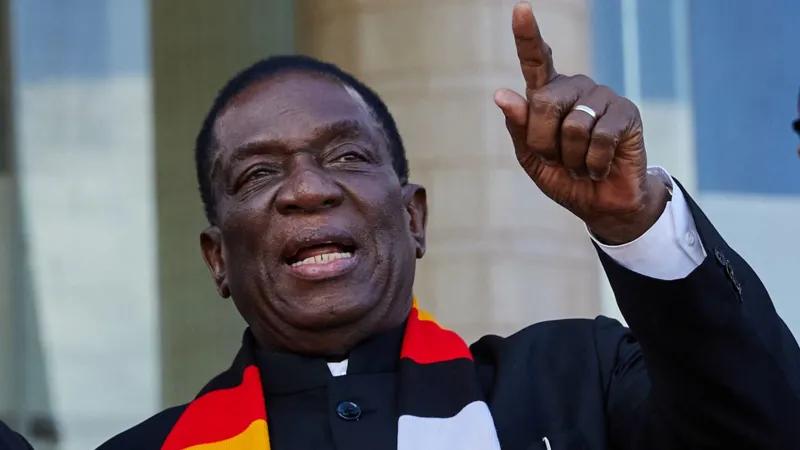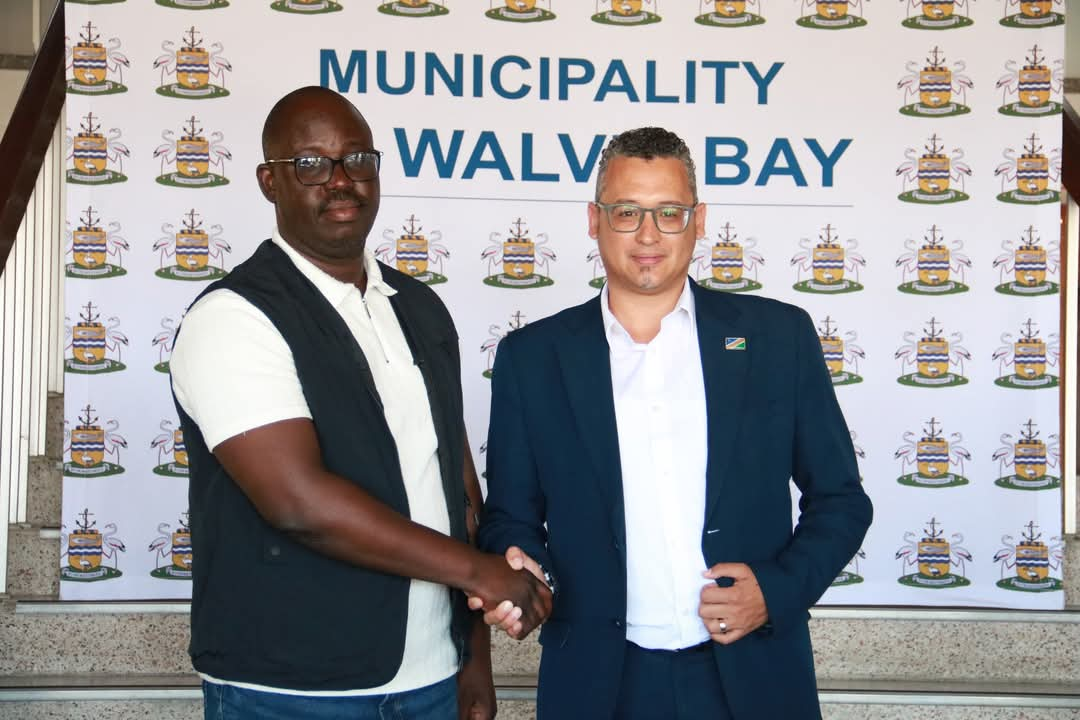• BONGANI SIZIBADANIEL Mwinda is 27, and his friend Siyena Naighton is 23. They live rough on the streets of Johannesburg, South Africa. They sleep under the bridges and sometimes on streets corridors.
They have one thing in common – both are addicts who share drugs through each other’s blood. Called Bluetooth, the sharing of drugs through blood is popular in South African cities and now spreading across Africa.
B-Wise, a web portal run by South Africa’s national department of health in partnership with Pepfar to promote health among adolescents and young people in South Africa, says Bluetooth is when a drug addict either smokes or injects themselves and then another draws blood and injects into himself.
“This trend is one of the easiest ways of contracting HIV and hepatitis,” said Tebogo Modia, a health practitioner at a local clinic.
Mwinda is originally from Rustenburg North West, while Naighton comes from Tsepisong west Soweto in Johannesburg. Mwida came to Johannesburg in 2010 from Orange Farm where his family stays.
The two ran into each other when their paths crossed along Nugget Street in central Johannesburg where they claim some Tanzanian shop owners sell drugs.
Incidentally, Bluetooth originated from Tanzania 11 years ago when it was called “fresh blood”. At the time, addicts under rehabilitation used the system to ease withdrawal symptoms.
Both Mwinda and Naighton talk about their addiction openly, saying given second chances they would not hesitate to quit.
Mwinda says his girlfriend introduced him to drugs in 2010, while Naighton started taking drugs one small step at a time because of peer pressure.
“You start thinking that it is a one-day thing but then find yourself hooked,” Naighton says while checking the streets as if expecting someone.
The “blood brothers” say they frequent scrapyards to scrounge for anything they could sell to raise enough to buy a “spliff”.
Mwinda says a bag of Nayope – a cocktail of dagga, heroin, anti-retroviral drugs, rat poison and acid – can cost anything between R30 and R50 depending on the size.
“So one person buys and shares with the other through drawing blood from one person and injecting into the other,” Mwinda explains.
“If my situation demands more, I can use drugs worth R200 per day,” Naighton says, adding when there is money they can spend R700 a day.
Mwinda says they cannot stop now because they may not survive the cravings. “If I don’t get drugs, I always have stomach cramps, weak joints and get irritated easily. I can even kill,” Mwinda says.
Naighton says although he has been getting high for three years, his dream is to give up drugs.
“I cannot do anything because every day I’m running after my addiction,” he says, adding that his family knows about his drug problem.
Mwinda also says he wants to quit and would be grateful if he could be rehabilitated.
Mwinda’s advice to the youth is “don’t taste because the moment you taste is the moment you get hooked”.
“The government should come here in the streets and try to get people like us to rehabilitation. They should help us and make sure we do not go back to the streets,” Naighton adds.
Johannesburg Metro police dept spokesperson superintendent Wayne Minnaar says the drugs come from all over. He says some are produced locally, while others are smuggled in.
Stay informed with The Namibian – your source for credible journalism. Get in-depth reporting and opinions for
only N$85 a month. Invest in journalism, invest in democracy –
Subscribe Now!










